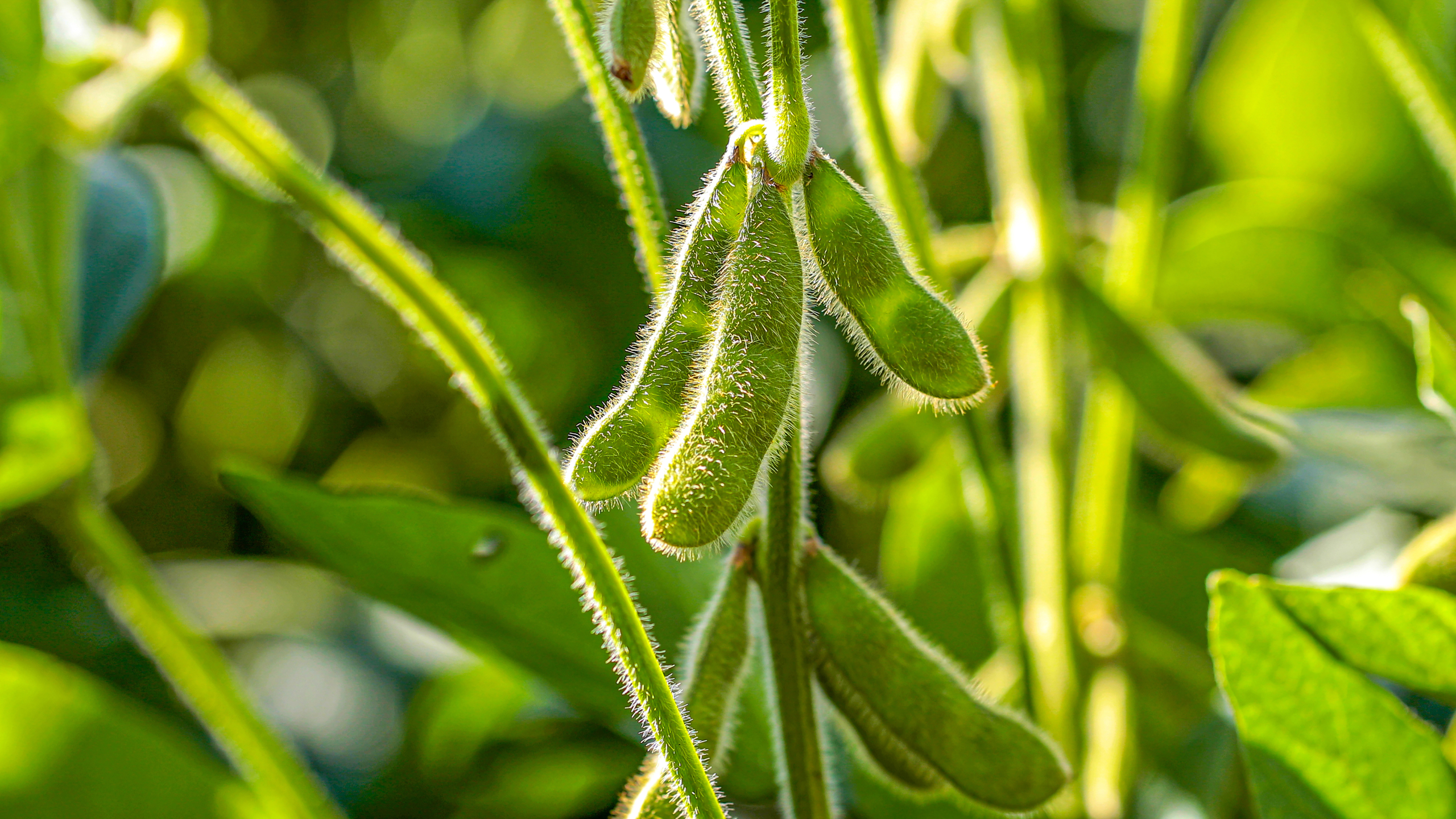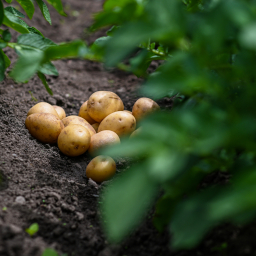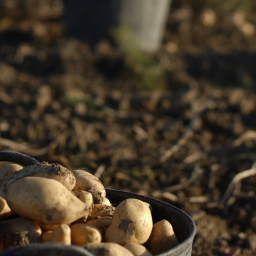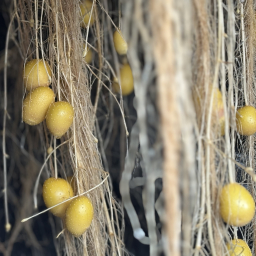NEW
NEIKER tests soybean and potato varieties to boost the organic farming sector
21 October 2025- The technology centre held its traditional field day at its headquarters in Arkaute to showcase the results obtained from its work in recent years.
- The event was aimed at professionals from the agricultural sector, public administrations, companies and management centres.
- The initiative is in line with the European “Farm to Fork” strategy, which stipulates that by 2030, 25% of European agricultural land should be organic.
The Basque Country has 12,688 hectares dedicated to organic farming, according to the Basque Country Council for Organic Agriculture and Food (Ekolurra), which reports that in 2024 the organic area has grown by almost 18% compared to the previous year. This increase reflects the expansion of the sector and the need to continue researching and selecting varieties adapted to organic farming systems, in line with the European ‘Farm to Fork’ strategy, which establishes that by 2030, 25% of European agricultural land should be organic.
To advance this line of research, the NEIKER technology centre held its traditional field day at its headquarters in Arkaute (Álava). Aimed at professionals from the agricultural sector, public administrations, companies and management centres, the event allowed the centre to showcase the results obtained in recent years and present the initial data from the current campaign, integrating trials of different crops within the framework of organic farming.
During the event, a preview was presented of the work carried out with potatoes and soybeans, two strategic crops for diversifying agricultural production and generating practical information for the sector.
Monitoring and selection of varieties
In the case of soybeans, the work is being carried out within the framework of the Euskoekosoja working group coordinated by UAGA, with the participation of NEIKER, the processing company Ekosal-luz (Zuaitzo, Sojhappy) and two organic farms in Álava. During the conference, the results of trials carried out on eight varieties were presented, evaluated for their adaptation to the local climate, yield and grain quality.
‘The data obtained show differences in productive behaviour and seed size, information that will enable the selection of the most suitable varieties for the production of organic soybeans for human consumption, including processing into products such as tofu and vegetable protein,’ said Roberto Ruiz de Arcaute, a technician from NEIKER’s Plant Production and Protection Department.
In addition, the cultivated area will enable the production of several kilos of soybeans that will be processed into tofu within the framework of the Operational Group. A comparative tasting of the different products is also planned, with the aim of evaluating the quality of the final products of each variety and understanding their behaviour from cultivation to processing.
As for potatoes, NEIKER has presented the results of varietal evaluation trials, which combine commercial varieties with clones developed in its genetic improvement programme. The work is carried out on plots certified by Ekolurra, where aspects such as yield, tuber quality and disease resistance are assessed.
In this regard, the centre’s researcher pointed out that ‘this year there have been no significant problems with mildew, which has allowed us to evaluate the behaviour of the materials under organic farming conditions without any significant adverse effects’.
Overall, the results presented provide practical information for farmers, technicians and companies, who can learn about the performance of different varieties under real organic farming conditions. At the same time, they reflect NEIKER’s commitment to knowledge transfer and the implementation of strategies that support organic farming in the Basque Country and the European ‘Farm to Fork’ strategy.






